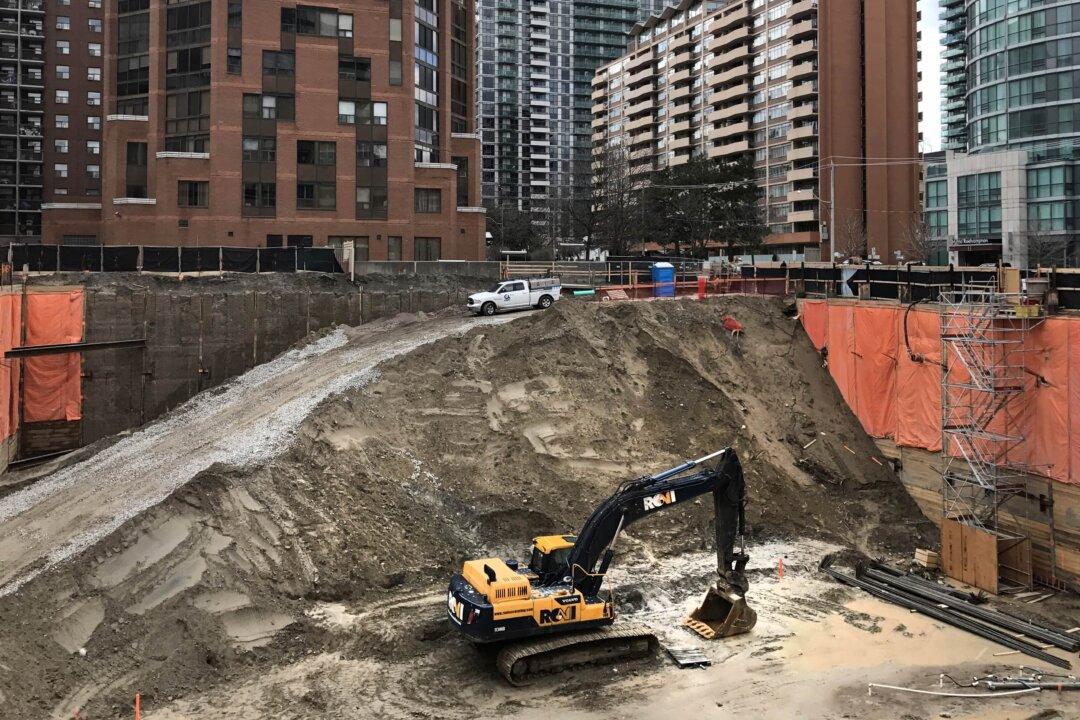The Canadian Bar Association is warning Ottawa that federal legislation to build more rental housing is worded in such a way that it could inadvertently discourage housing construction.
“While the intention is to incentivize construction the arbitrariness of the proposed implementation could inadvertently discourage the supply of rental housing,” the Bar Association’s tax law section wrote to the Senate National Finance Committee, according to Blacklock’s Reporter.





